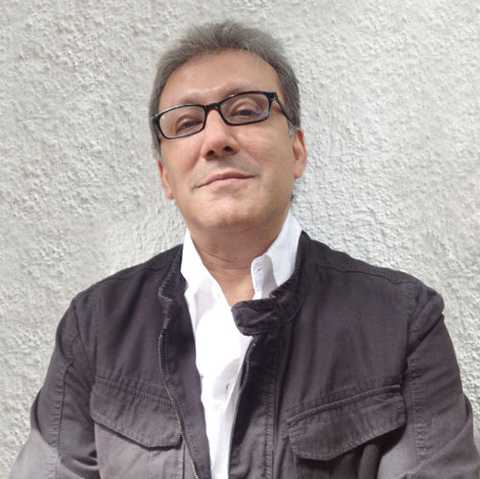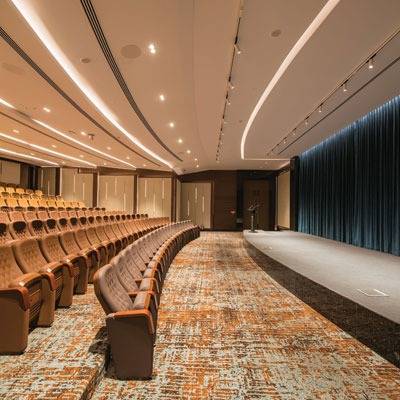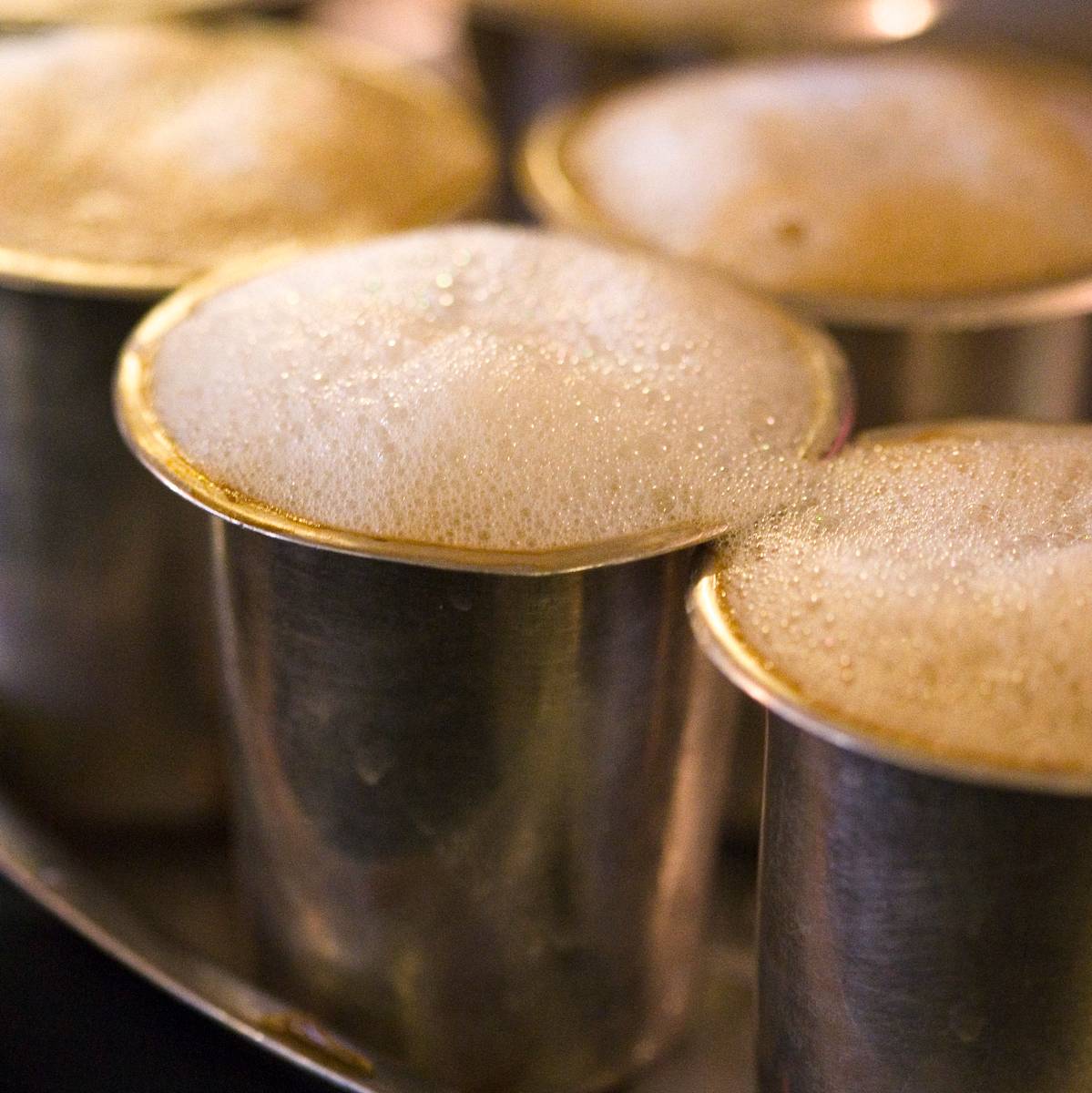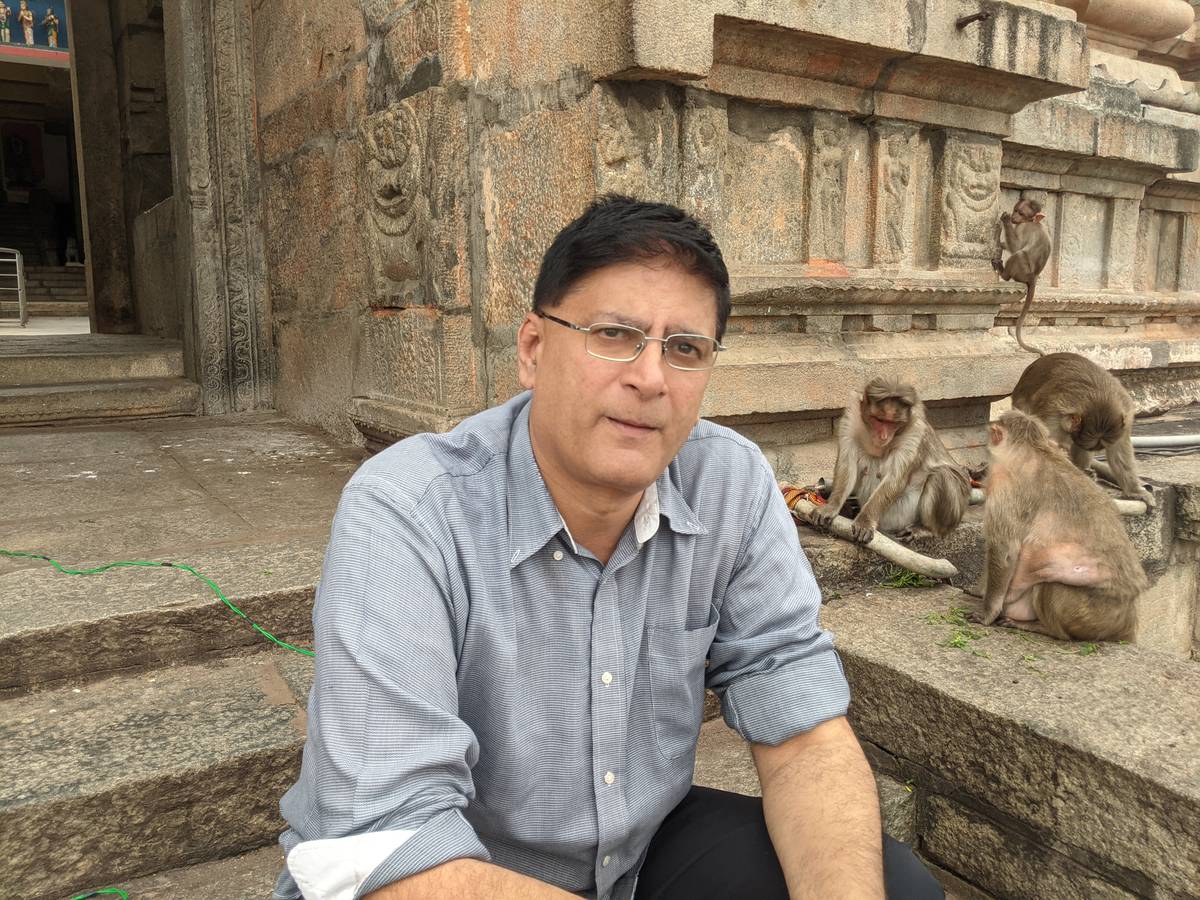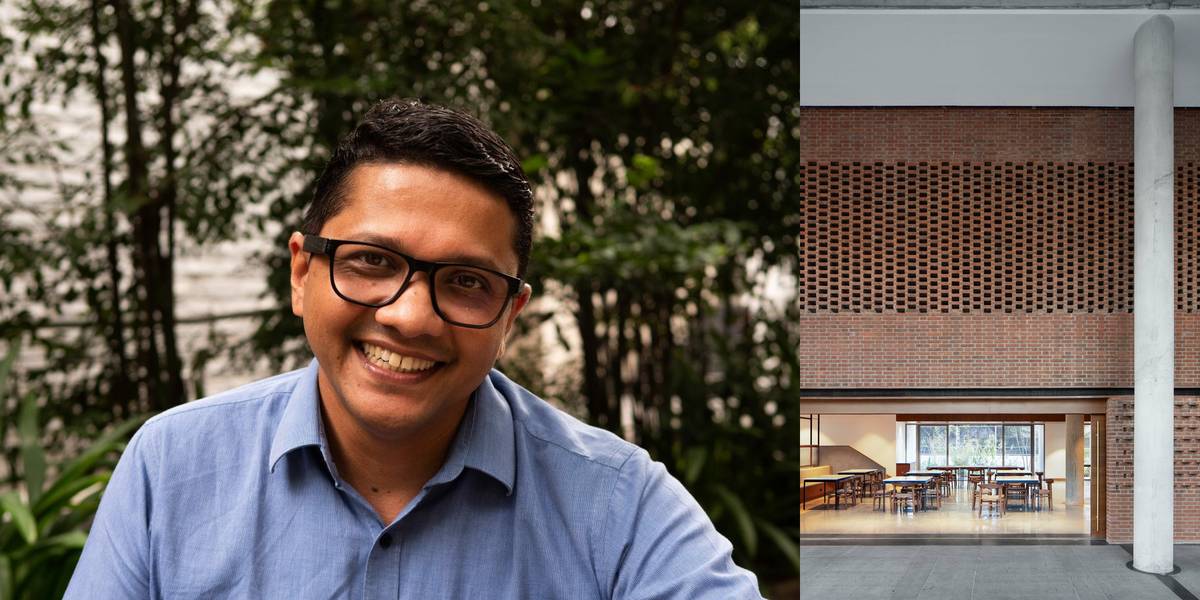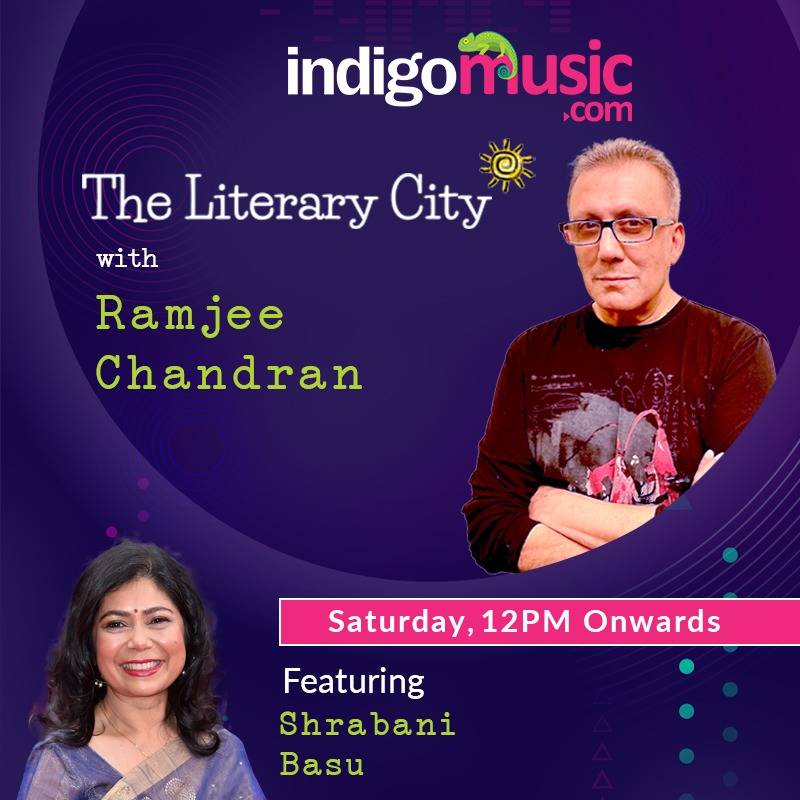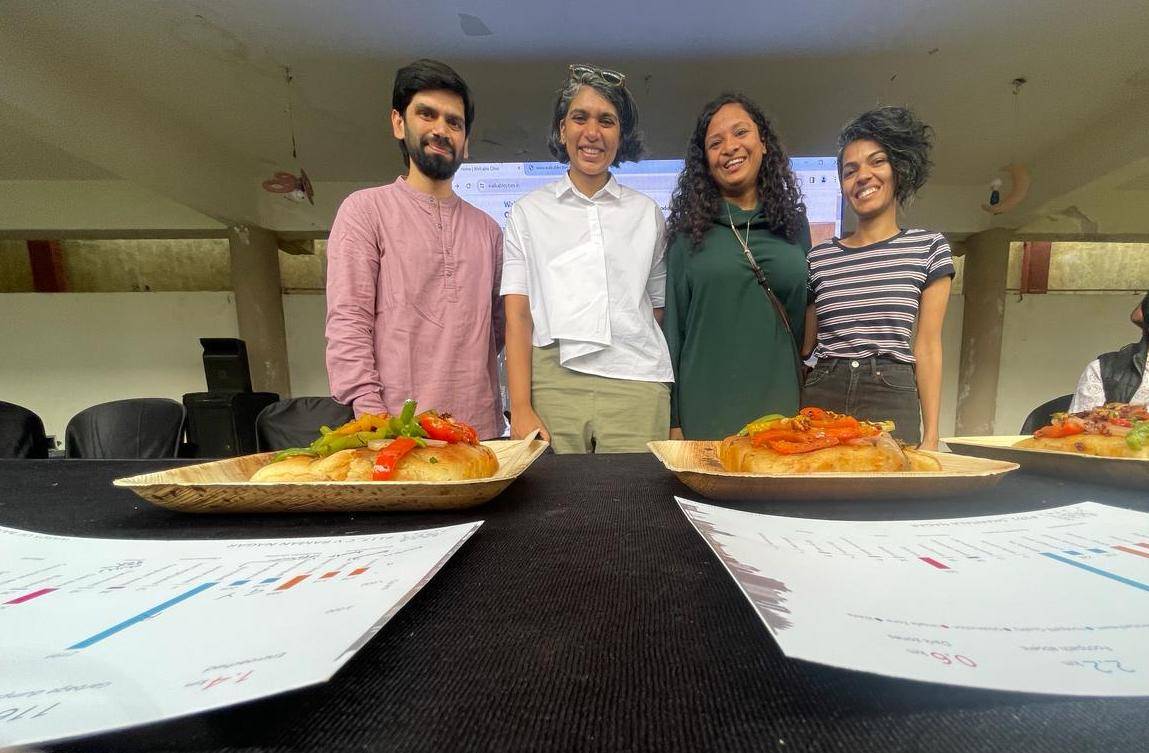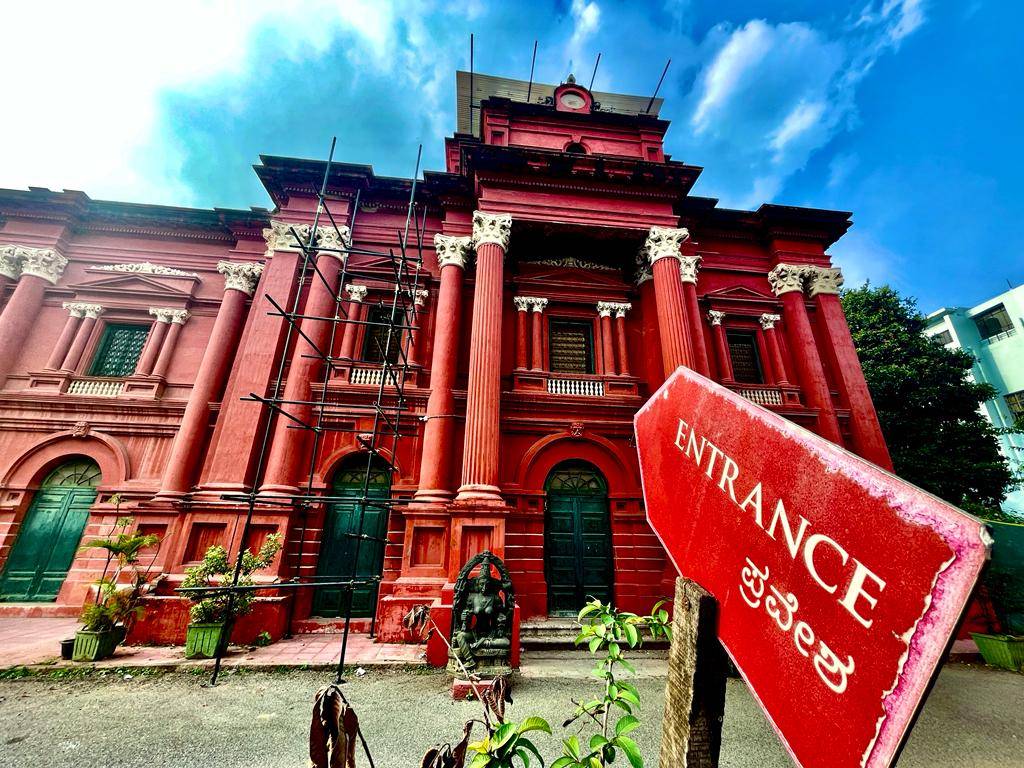For Aditya Sondhi The Spirit Of Bangalore Is No Fading Photograph
Tomorrow (March 25, 2023) will be the Ravi Sondhi Spirit Of Bangalore Lecture, the second in what is becoming an annual event. Tomorrow, Bangalore-based historian Ramachandra Guha will deliver the lecture, “Booksellers Of Bangalore”. Last year, the inaugural lecture was delivered by veteran bureaucrat and former Ambassador to UNESCO, Chiranjeev Singh — the subject was “Bangalore And The Partition”.
Mar 24, 2023, 22 20 | Updated: Dec 20, 2024, 01 07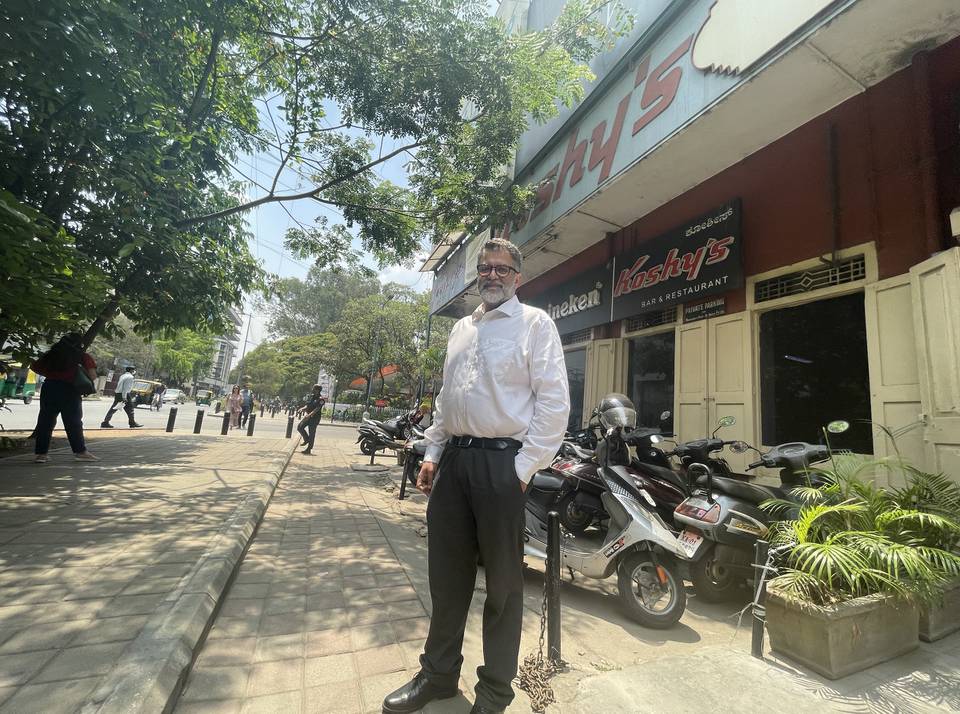
Bangalore inspires nostalgia; and yearning is only another name for nostalgia. For those of us who call ourselves “old Bangaloreans” that yearning we feel is for the space in which we were raised.
There is little about this “space” that is particularly significant. It neither rose to the level of being sacred nor even personally emotive — like one’s village school or grandma’s house. This was the space that old Bangalore afforded each of us, to be whatever we wanted to be — in the words of the great Red Foxx, to grow from little acorns into complete nuts.
The old Bangalore space was special to no one in particular but it was special to everyone, all at once. It expanded to allow room for the quirky to do their thing. And it closed around to protect those who were less inclined to advertise their inner wackadoodle on their sleeve.
There was enough space for introspection in the merry miasma of engagement. Each one to their own in this happy petri dish of urban co-existence. The banker, the mullah, the trader, the communist-leaning Economics teacher and the teacher’s chief nemesis, the proselytising nutjob sitting in the front row in St Joseph’s College Of Arts And Sciences who would jump up, look up at the ceiling and shout, “JESUS!” everytime Professor Michael uttered the name, Karl Marx. Luckily for the rest of us, the fellow student who wanted to make Humanities holy did not know enough about the other Pinkonomists we admired, like Engels, Hilferding or even Kondratiev —his ignorance made Economics class bearable.
Most other cities in India are possessed of a deeper heritage and definable ethnicity. Cantonment Bangalore is encumbered with none of that.
All through its relatively recent history — let’s hold hands and agree on 1537 as the line in the sands of time when Kempegowda built his mud fort — it always was a centre of commerce and this meant it attracted adventurers of variety.
From that time on, through to the British Crown's Cantonment, people from everywhere came pouring into this crucible — happy specimens in a Disney-esque urban laboratory.
The dapper dude who would later be the Chief Minister, who would sit cross legged on the bonnet of his Ambassador drinking beer with a friend, while parked outside Lake View Ice Cream Parlour on Mahatma Gandhi Road, waiting for his Peach Melba. He was an old Bangalorean. And the guy who would ride his motorcycle past the beer swilling politician, whilst wearing a long, yellow live rat snake around his neck. So was he — Prem Koshy, the gracious restaurateur of Koshy’s Parade Cafe.
And that most wondrous stop on Bangalore’s nightlife tour — “3 Aces”. A restaurant that sported the city’s first espresso machine, one which old Bangaloreans took to at once — as if they had just returned from Via Veneto, jaded by world culture.
In my mind’s eye I can “see” 3 Aces when the folks took 6-year old me and my 2-year old sister for dinner. A jazz quartet played in the far left corner. I still remember the face of the double bass player. (But not Frank Dubier, the trumpet player. I knew him later when I sat in with his jazz band with my guitar in the early 2000s.)
And certainly not the late night cabaret — adult entertainment for a sophisticated clientele… one of whom was my late mother, who recognised one of the topless dancers — Look, it’s Sandra, oh wow! — a friend from high school whom she went backstage to greet, accompanied by my enthusiastic and approving father.
“3 Aces" was the microcosm, the mixed platter of Bangalore’s cultural mise-en-scène. And Ravi Sondhi, Aditya’s dad, was its creator. Born in Quetta, now in Pakistan, and raised in Simla from when he was eight, Ravi Sondhi moved to Bangalore in his twenties — an entrepreneur who, like generations before him had done — came into this urban lab and found his Bangalore space.
And just as I was complimenting myself on what I thought was my newly discovered eidetic memory to be able to “see” the inside of 3 Aces, I called Ramesh Shotham, now a percussionist in Koln in Germany and in the time of 3 Aces, the drummer in a band called The Spartans.
I called him quickly. I was on deadline. Maybe a quick quote about whether he remembered his time in 3 Aces. Forty minutes later — thank Adam Smith for WhatsApp — I was treated to every drum roll, and every cymbal crash that the cabaret dancers had written for Ramesh to hit whenever they kicked an alluring leg in the air.
“How good were the dancers?” I asked him, “you mean they all provided you with written drum scores to which they danced?! Really?!”
Ramesh was a gentleman and said the nicest thing about the dancers.
But alas, there are other bandmates who are ready to spill the worst stories to the press — especially when they are the stories of others. Such as his brother Suresh Shottam and his bandmate of later years, in the hugely successful rock band, Human Bondage, Radha Thomas.
One evening at home some years ago, when Suresh, Radha and I were sitting about jamming, the two of them — formerly married… to each other that is — fell about laughing, remembering Ramesh’s deep angst at some of the 3 Aces dancers who had no score, no rhythm, and no sense of timing. They would kick their leg into the air any old time they wanted and Ramesh — a purist of percussion and later a student of Carnatic percussion at the Karnataka College Of Percussion with the late, great TAS Mani — was reduced to keeping up with the clueless cabaret dancers, mouthing, “Bitch! Bitch!!” under his breath while trying to recover rhythm from cymbal clashes to unintuitively timed leg kicks.
“My mom came to 3 Aces unexpectedly one day,” Ramesh told me on the phone, “and I was so embarrassed. She studied, without expression, the publicity photos of the skimpily clad cabaret dancers.”
Personally, I don’t think he needed to have asked his manager to gently get his mom to leave the restaurant before the cabaret part of the evening.
What did you like about 3 Aces? I asked.
“We were respected. The 3 Aces management respected artists. There was no “staff dinner”, no side entrances and we were stars. I remember a Mr Lamba and he would sit us down for dinner every night and we made sure to order the best they offered. Such respect. It was great.”
That Bangalorean, Ramesh Shotham, played drums for cabaret dancers, studied to become a top grade Carnatic thavil player, is today a respected teacher and percussionist in Germany; and was a drummer in India’s best known progressive rock band, which he went on to name Human Bondage after Somerset Maugham’s 1915 classic novel. Somerset Maugham was one of the many authors he read in literary pursuit whilst playing drums and getting his science degree in Zoology from the hard to hack Loyola College in Madras.
That last paragraph epitomises the quintessential Bangalorean — a regular dude of different parts who lived in the space that the city created for him — equally for the annoying Bangalorean cabaret dancer who kicked her lovely leg totally out of rhythm — and for the liberal, secular, inclusive space they shared every night in a conspiracy of common ground.
It was years later — after 3 Aces closed and Ravi Sondhi had moved on to running a famous sports store called Hatrick Sports — that Aditya Sondhi was born into Bangalore. The second and third and successive generations of Bangaloreans like us, who grew up with the values of a professional middle class — a city of engineers, bankers, soldiers, bureaucrats, small scale industrialists, musicians, artists, technicians, loungers and layabouts — the driving ethic of the city was secular (not limited to religion) and rational. The peer pressure of my growing years was intellect.
Rich guy, Shmrich guy. Rolex, Shmrolex.
No one cared for that. It would be great if you had one — but you would have done well to hide it under your shirt cuff. The corollary would be: as appropriate as you would have been trotting out a bilious green, polka dot, plastic clip-on bowtie to the black tie New York Met gala.
It is now the after-party. And after decades and after generations of Bangaloreans have been known to subscribe to a single ethic, it’s a new wind. And old Bangaloreans have — with a conflicted reluctance — sold their homes, their lands and, indeed, their souls to the new Bangalore.
The sandlot in which we old Bangaloreans play has shrunk. But it exists all around us. In spaces like Koshy’s — an old Bangalore to which we cling. And even if there isn’t a 3 Aces down the road where we might spend the next hours, there are the new spaces that remind us of the old community. Like the bookstores. Those wonderful repositories of every rabbit hole that every sentient old Bangalorean has disappeared down, not once, but often.
And that is why the subject of The Ravi Sondhi Spirit Of Bangalore Lecture 2023, by a committed Bangalorean, Koshy’s patron and historian Ramachandra Guha will deliver is “The Booksellers Of Bangalore”.
For Bangalorean Aditya Sondhi, the lecture series — named in honour of his late father — is a tribute, not only to his dad, but to everything that life represented for him through his relationship with the Sondhi elder. A heritage that is his Bangalore wonder years.
Many of us are called upon to defend the label of “old Bangalorean” that we have bestowed upon ourselves.
Some of us defend it in practice. In finding these spaces, from the culture of the immigrants from the Partition that made it to this city, to the booksellers of Bangalore that keep alive a tradition that has all but been written off in the retail trade around the world, to every other facet of our living heritage that Aditya Sondhi plans to present to us year following year.
And nestled, hidden amidst the crumbling towers of glass and chrome — the fallen testaments of a very recent civilisation — is the culture of a city that thrives in part due to the efforts of people like Aditya. For whom the spirit of Bangalore is not a fading photograph.
The lecture is open to all. Here is a link to the details: https://bangalore.explocity.com/events-in-bangalore/booksellers-bangalore/
UPDATE on Mar 29, 2023: The first video below is the Spirit Of Bangalore Lecture 2023 by Ramachandra Guha on "The Booksellers of Bangalore".
VIDEO
VIDEOS:
Ravi Sondhi on 3 Aces
The Ravi Sondhi Spirit Of Bangalore Lecture 2022:
